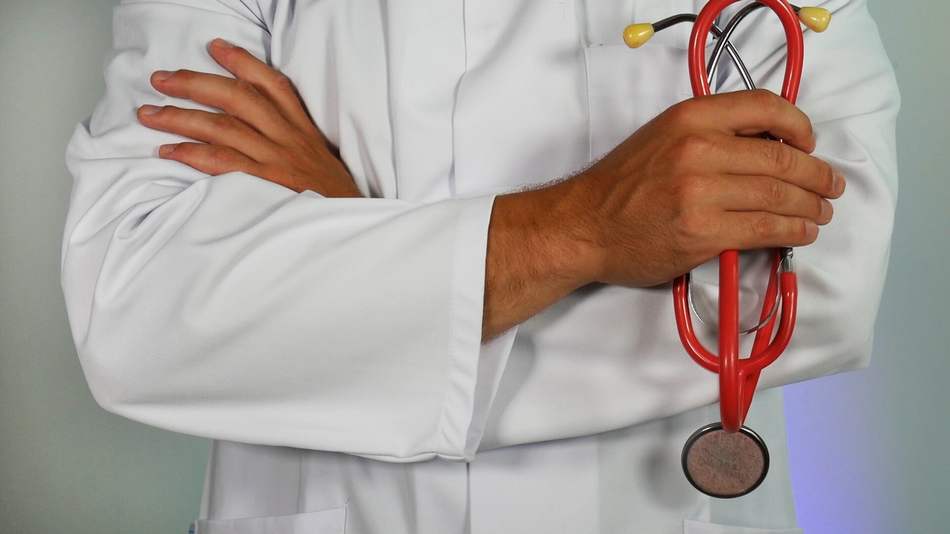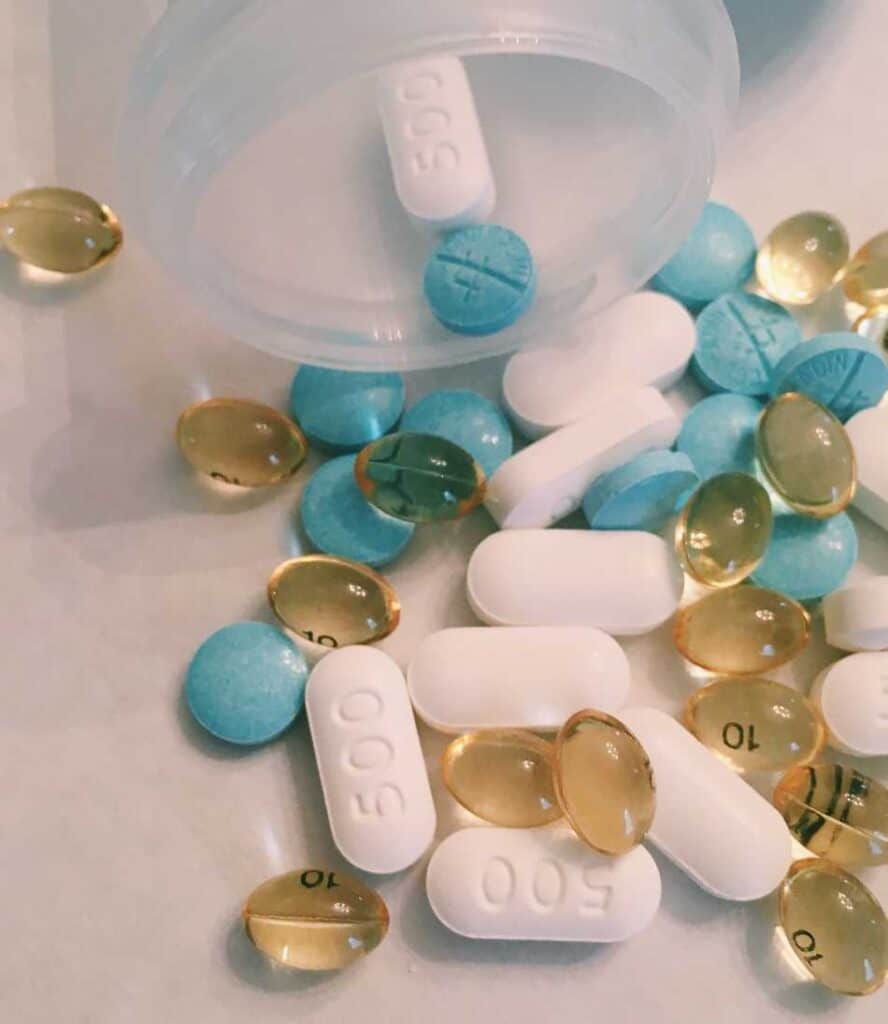Do you like traveling but are afraid of diseases or bugs that you might catch? Are you looking for a guide on travel-related diseases and how to stay safe from them? Then look no further! We will discuss everything you need to know about the most common travel diseases and how to avoid them.
To avoid traveling diseases, take precautionary measures: wash your hands regularly, shower daily, keep a hand sanitizer on the go, bring over the counter medicines with you and ensure you consume only clean water and food. You should also always stay away from someone who is or seems sick.
Traveling comes with its highs and lows. No matter how good the highs are, one bad thing can ruin your trip. Now imagine if that one bad thing is as small as a bug! Worry not and keep reading to learn about the different travel diseases, their symptoms, and treatments.
How To Battle 10 Most Common Travel Diseases
We have listed the ten most common travel diseases and how they can be contracted.

1. Traveler’s Diarrhea
Diarrhea is an infection caused by bacteria. It is one of the most common diseases that are associated with traveling. Diarrhea is caused by bacteria found in water and food. It is also known as stomach flu and food poisoning. Diarrhea is most likely to be contracted in hot and humid climates.
How to stay safe from it:
- Wash your hands regularly
- Drink clean water
- Eat freshly cooked and warm food
2. Influenza
During travel, you interact with different people and surfaces. Any surface you touch might have germs, like door knobs, tables, chairs, and other publicly used things. You might contract the influenza virus if you touch your face, nose, or mouth after coming in contact with these surfaces. Droplets of sneezing from an infected person can also cause influenza.
How to stay safe from it:
- Try not to get close to someone with flu
- Clean/wash your hands after touching a public surface
3. Malaria
Multiple reasons below can cause malaria:
- Infected mosquito bite
- Blood transfusion from an infected person
- Contaminated needles
Note: Malaria can not be caused directly by an infected person.
How to stay safe from it:
- Wear mosquito repellents
- Have electric mosquito killer in your room
- If sleeping in the open air, sleep inside a mosquito net
- When getting an injection or coming in contact with needles, make sure that they are new and not used
4. Hepatitis A
Hepatitis A is a highly contagious liver disease. It is caused by the Hepatitis A virus, which is contracted through contaminated or infected food and water. It can also be caused if food is prepared with dirty hands or close interaction with someone infected.
How to stay safe from it:
- Wash your hands before eating
- Always thoroughly clean yourself after coming in contact with others’ bodily fluids
- Drink clean water
- Eat from a reputable restaurant/vendor, avoid unclean food/water
5. Parasitic Infection
There are numerous parasitic infections. These can be contracted by walking bare feet, eating contaminated food, drinking, and swimming in contaminated water. Ectoparasites, helminths, and protozoa are the three most common parasites that can harm humans.
How to stay safe from it:
- Take a shower with clean water after swimming
- Wash your hands after handling uncooked food
- Wear socks/shoes at all times
- Eat clean food and drink clean water
6. Tuberculosis
Tuberculosis is also known as TB. It can be contracted if an infected person is in your vicinity. The air in which a person infected by TB breathes, coughs, or sneezes, contains tiny droplets that can cause infection to those breathing the same air.
How to stay safe from it:
- Do not get close to someone who keeps sneezing/coughing
- Try to wear a mask in crowded areas
- Add fresh garlic and mint leaves to your normal diet, as they both help keep the respiratory tract clear

7. Sexually Transmitted Diseases (STDs)
While traveling, people may like to get intimate with strangers or new people. Travelers like to experience new things, and getting in bed with random people can be one of them. Sexually transmitted infections can be caused by having intercourse without protection. Some of the common STDs are syphilis, HIV, gonorrhea, and chlamydia.
How to stay safe from them:
- Always use latex or polyisoprene (if allergic to latex) male condoms for any type of intercourse
- If you experience any of the following: discharge from genitals or anus; pain when peeing; lumps or growths around the genitals or anus; a rash; unusual vaginal bleeding; itchy genitals or anus; blisters or sores around your genitals or anus; warts around your genitals or anus – get tested ASAP.
8. Tetanus
While traveling, if you ever fall and injure yourself or get a wound from elsewhere, it is best to get a tetanus shot as soon as possible. Tetanus is caused by bacteria that enter the human body via a wound. This bacteria can be found on roads, streets, and soil.
How to stay safe from it:
If you ever get a bruise after falling, it is always best to get it checked with a doctor. He will examine it and give you a shot of tetanus if required.
9. Dengue Fever
A mosquito bite causes dengue fever. These mosquitoes are found in stagnant clean water. Make sure that the swimming pool you go to during your vacations changes the water daily. Also, if you store water in a bucket or jug, ensure that they are covered and not lying around for extended periods. This gives favorable conditions for the mosquito to grow.
How to stay safe from it:
- Do not leave clean water uncovered
- Wear mosquito repellents, even if you aren’t outdoors
- Have electric mosquito killer in your room
- If sleeping in the open air, sleep inside a mosquito net
10. Typhoid
Like many other diseases, typhoid is also caused by eating and drinking contaminated food. As the bacteria that causes typhoid is found in feces, any kind of contact with those feces can cause typhoid infection. Apart from water and food, it can also be contracted from toilets.
How to stay safe from it:
- Get vaccinated, especially if the typhoid fever vaccination is recommended for your travel location
- Try to avoid public restrooms
- Wash your hands regularly with hot water and soap
- Avoid untreated water and raw fruits and veggies, opt for hot foods instead
Symptoms To Look Out For While Traveling
While traveling, keep an eye out if you feel something usual in your body. Taking care of yourself during travel should be your first and foremost priority. If you feel any of the symptoms listed, contact a healthcare provider.
Share the symptoms you are facing so that necessary tests can be carried out promptly to prevent you from a long-term illness. Taking timely action will not just help cure your disease but will also save you from becoming a carrier of that disease.
- High fever
- Rash
- Mosquito or insect bite
- Vomiting
- Nausea
- Cough that does not go away after a few days
- Continuous weakness, fatigue, and tiredness
- Loose motions
Sometimes even after contracting a disease, you might not feel any symptoms even after returning home. Hence, if you feel any of the symptoms mentioned above and have traveled recently, get in touch with your healthcare provider.

How To Boost Your Immune System While Traveling?
It is essential to take precautionary measures before and while traveling. It can save you and others from contracting bacterial, viral, or infectious diseases. Some of the steps that you can take are:
- Get your vaccinations before traveling
- Talk to a healthcare provider and let them know about your travel destination
- Take your vitamins daily
- Keep some over-the-counter medicines with you
- Get proper rest while traveling
- Do not compromise on your sleep
- Eat healthy food
- Drink boiled or mineral water
- Sanitize and wash your hand frequently
It is an excellent practice to thoroughly research the place you are traveling to beforehand. This can help you understand the diseases you will be exposed to, and you can take the required precautionary and preventive measures like travel insurance.
FAQs
What Are The Most Common Diseases In Tropical Areas?
Some of the common diseases in tropical regions are:
- Dengue Fever
- Chagas Disease
- Dracunculiasis
- Rabies
- Echinococcosis
Final Thoughts
As travelers interact with numerous people and visit different places, they are more likely to catch a germ than homebodies. If you are a frequent traveler, you might contract ailments even after taking all the required preventive measures. Hence, always take precautionary measures along with preventive measures. Safe Travels!
Resource Links To Products We Use And Recommend
More Pages On Other Areas
There’s been a steady rise in interest in cruise ships worldwide. With everyone wanting to see what all the chatter’s about, many are first-timers. So, if you’re one of those individuals and...
There are always risks where there is money involved, and renting a car is no exception. Even though you are only paying for a car temporarily, you should always be aware of the risks before handing...


